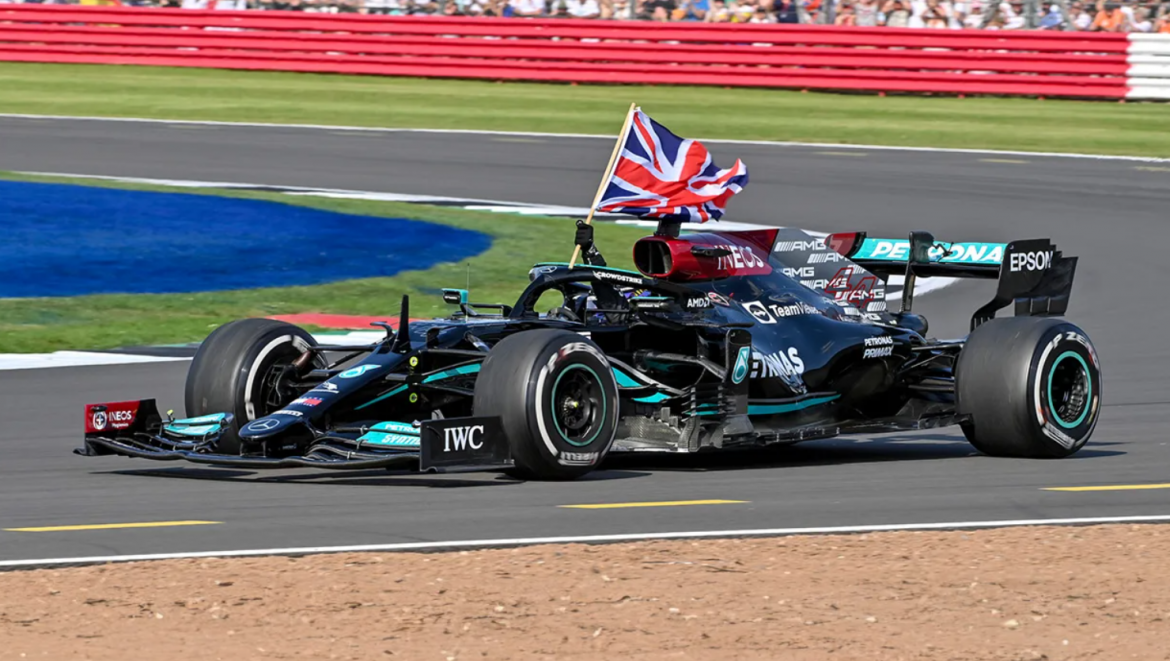Mercedes-Benz, a stalwart in Formula 1, has made a strategic decision to transition its official team apparel supplier from Puma to Adidas starting from the 2025 season. This move marks the end of a longstanding 12-year partnership with Puma, signalling a significant shift in the team’s branding and sponsorship strategy.
The decision to switch from Puma to Adidas reflects Mercedes’ desire to align itself with a new partner renowned for global sporting heritage and innovation. Adidas, headquartered in Herzogenaurach, Germany, boasts a rich history rooted in competitive sports, making it an ideal fit for Mercedes’ high-performance ethos in Formula 1.
Historical rivalry and sporting prestige
Adidas’ acquisition of Mercedes as a client represents a notable triumph over its lifelong competitor, Puma. Founded by brothers Adolf and Rudolf Dassler, Adidas and Puma have maintained a spirited rivalry since their split in 1948. Both brands have deep ties to sporting excellence, sponsoring top football clubs like Real Madrid and Manchester City.
Impact on Formula 1 and beyond
In the realm of Formula 1, Puma has been a familiar presence, supplying apparel to several teams including Mercedes’ rivals like Ferrari and Red Bull. However, recent shifts in team partnerships, such as Red Bull’s move to Castore, have signalled changes within the industry.
Sponsorship dynamics amidst driver changes
The impending departure of Lewis Hamilton from Mercedes to Ferrari in 2025 has triggered speculation about the continuity of other team sponsors. Brands like Police Sunglasses and Tommy Hilfiger, associated closely with Hamilton, face uncertain futures with Mercedes. This transition underscores the fluid nature of sponsorship agreements in Formula 1, where drivers often influence brand associations.
Evolution of brand collaborations
Mercedes’ decision to collaborate with Adidas for team apparel also reflects broader trends in brand partnerships within Formula 1. While Puma’s exit opens new opportunities for Adidas, it also prompts a reassessment of Mercedes’ overall sponsorship portfolio. Brands like IWC and Ritz Carlton are poised to depart at the end of the season, highlighting the dynamic nature of corporate alliances in motorsport.
Future prospects and market positioning
Looking ahead, the shift to Adidas positions Mercedes strategically within the competitive landscape of Formula 1. Beyond apparel, Mercedes continues to evolve its brand narrative, exploring new avenues to engage global audiences. The team’s association with Adidas is expected to enhance its appeal among fans and stakeholders alike, leveraging Adidas’ global reach and innovative apparel technologies.
Mercedes-Benz’s switch from Puma to Adidas for its official team apparel signifies more than a change in sponsorship—it represents a strategic alignment aimed at reinforcing the team’s identity and market positioning in Formula 1. As the 2025 season approaches, the partnership with Adidas promises to redefine Mercedes’ presence on and off the track, ushering in a new era of collaboration rooted in sporting prestige and innovation.



